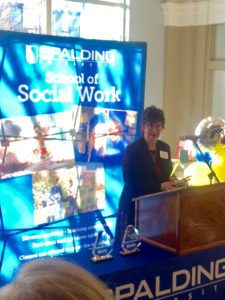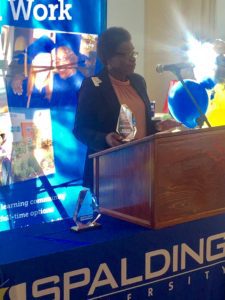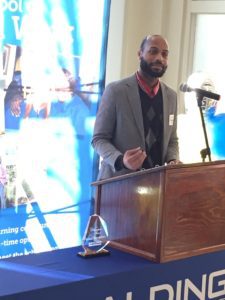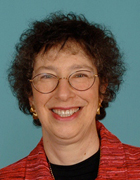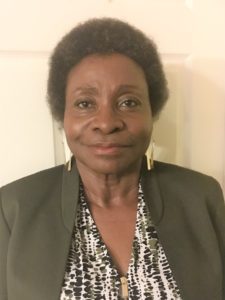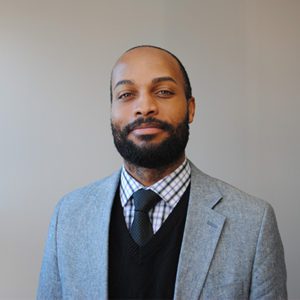Consistent with its mission of promoting peace and justice through education, Spalding University announced on Martin Luther King Jr. Day that it is launching an online training and professional development program in antiracism.
Available nationally to individuals and groups from public-sector, corporate and nonprofit organizations, the range of half- and full-day online courses – collectively titled Restorative Practices for the Antiracist Journey – will teach concepts of cultural humility and restorative practices as a means to bring about positive social change.
Enrollment is open now for Restorative Practices for the Antiracist Journey with live virtual sessions set to start in late January. It is the first featured offering of a reorganized interdisciplinary institute of social justice-themed training at Spalding – called The Well – that will be housed in the School of Social Work. Visit spalding.edu/thewell to register.
Spalding’s Restorative Practices for the Antiracist Journey is designed and facilitated by faculty and staff leaders of the university’s Center for Peace and Spiritual Renewal, School of Social Work, School of Professional Psychology and Collective Care Center, which is one of the nation’s only behavioral health clinics to specialize in treating race-based trauma and stress.
REGISTER | Restorative Practices for the Antiracist Journey courses now available on The Well
The faculty and staff serving as facilitators for the program are among Louisville’s leading scholars on matters of restorative practices and dialogue, conflict resolution, polarity management, cultural humility, institutional oppression and racial trauma.
“This program is designed for individuals and groups who are interested in meaningfully and constructively addressing and healing race relations in their professional and personal lives through self-exploration, truth-telling, difficult dialogue and action,” said Spalding Executive Director for Peace and Spiritual Renewal Chandra Irvin, who helped lead the Charleston (South Carolina) Illumination Project of community conversations and healing following the tragic shooting of nine Black parishioners at Emanuel AME Church in 2015. “The Spalding faculty and staff who have collaborated to create this program have a great deal of experience in these spaces and bring a diverse set of perspectives. Organizations that participate in this training at Spalding will be making a valuable investment that demonstrates a strong commitment to diversity, equity and inclusion.”
Certified in 2011 as the World’s First Compassionate University, Spalding is a historic, private institution that has been located for 100 years in downtown Louisville – which, as the hometown of Breonna Taylor, saw months of demonstrations last year in the name of racial justice, including several that took place on or near Spalding’s campus.
“Spalding’s mission states that we are a diverse community of learners dedicated to meeting the needs of the times by promoting peace and justice through education and service,” Spalding President Tori Murden McClure said. “As the past year has shown, pain and suffering from racial injustice and inequity remain prevalent in our society. Offering the Restorative Practices for the Antiracist Journey training program is an example of Spalding meeting the needs of the times by using the experience, wisdom and teaching skills of our faculty and staff to help promote a more equitable world.”
Upon completion, participants in Restorative Practices for the Antiracist Journey will be awarded three tiers of certification badges by Spalding – Bronze, Silver and Ebony (highest level) – based on the number of sessions completed, and these credentials will be appropriate to share on resumes and online professional profiles. Completed hours in the program can be applied to continuing education requirements for social workers, and Spalding plans to seek approval for continuing education credits from other professions’ governance boards in the future.
“Spalding’s School of Social Work has a rich tradition of providing quality continuing education for practitioners and community members throughout Kentucky,” School of Social Work Chair Dr. Shannon Cambron said. “The Well is the next chapter for us. It’s a reflection of our commitment to meet the needs of the times by co-creating an interdisciplinary space of training and engagement with a justice and equity lens – a space that equips people with the skills to begin the work of dismantling white supremacy and injustice. Restorative Practices for the Antiracist Journey is evidence of that commitment, and we are excited about this new chapter.”
For more information on participating in Restorative Practices for the Antiracist Journey, visit spalding.edu/thewell.
